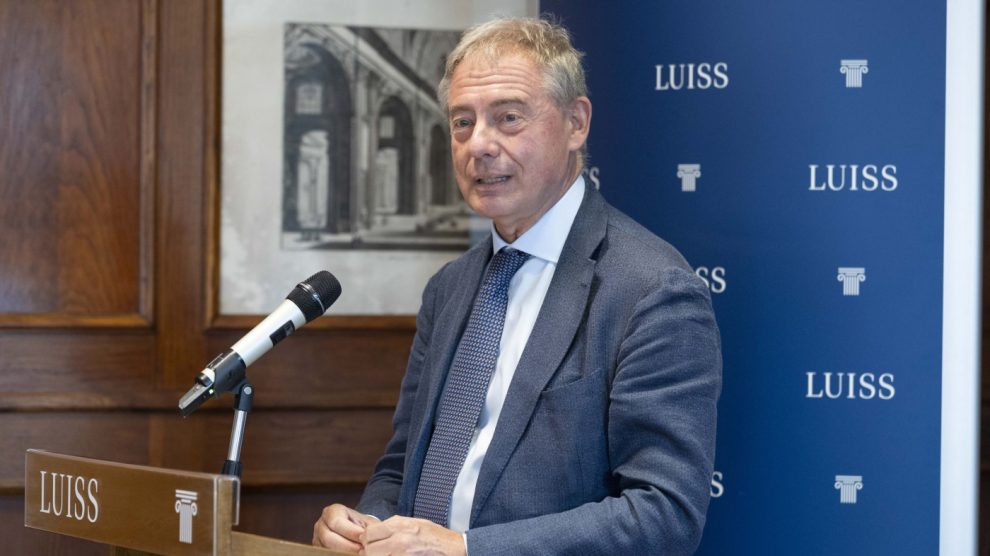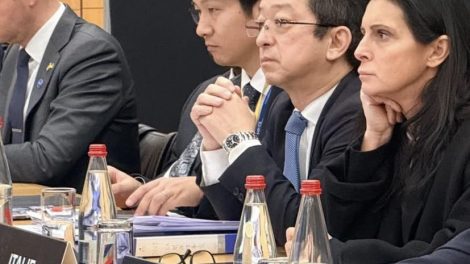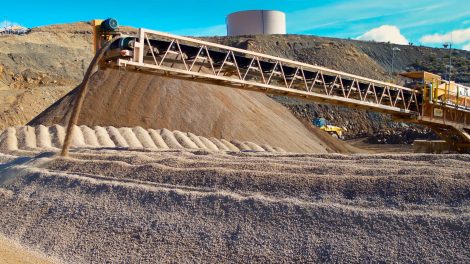Italy pushes forward mines re-opening effort. Back in April, Enterprise Minister Adolfo Urso announced that Rome was updating the country’s ageing mineral resource maps. On Thursday, he indicated that the companies who want to take part in resurrecting the Italian mining and refining industry “will be able to present their projects” as early as late 2023.
- “I think that by the end of the year, the whole picture will be clear: European regulations, Italian regulations, and the potential of our territory,” he explained, referring to the extraction and processing of critical raw materials in Europe.
Hidden, transition-relevant riches. When it unveiled its Critical Raw Materials Act, which seeks to boost the EU’s in-house production and de-risk from monopolistic suppliers (namely, China), the European Commission identified 34 critical raw materials. As Minister Urso underscored, 16 can be found in the Italian underground – in mines “that were closed 30 years ago” and that the country must now re-open and invest in to “re-activate their potential.”
- The Italian earth houses reserves of lithium, cobalt, nickel, copper and zinc, as well as beryllium and tungsten, which are required across the greentech and digital sectors.
- Resuming their extraction and processing is conducive to reaching the EU’s goal of producing at least 10% of the CRMs it consumes by 2030.
It’s bigger than Italy. Today, the supply chain of such materials is firmly in Chinese hands, which gives Beijing the leverage to threaten Europe’s ecological and digital transitions. Last week, the Chinese Communist Party announced restrictions on the export of two key metals, gallium and germanium, in a warning shot to the countries that are curbing its access to other products – such as semiconductors – the country requires for its tech autonomy ambitions.
- “We have just realised how dangerous it is to rely on Russian fossil sources. We cannot do the same with China on rare earths and precious minerals,” as Minister Urso remarked back in April – especially given Beijing’s “expansionist policy,” which entails “the acquisitions of [CRM] deposits, mainly in Africa, and then concentrating processing at home.”
A concerted effort. In late June, Minister Urso launched a structural cooperation with his French and German counterparts to coordinate the three countries’ approaches to sourcing CRMs. The trio, representing nearly half of the EU’s GDP, vowed to expand data exchange practices and cooperation in the fields of minerals extraction, refining, processing, recycling and ESG standards while keeping the industries looped in, to work on a green transition that may cater to their needs and ultimately foster the emergence of European industrial champions.





